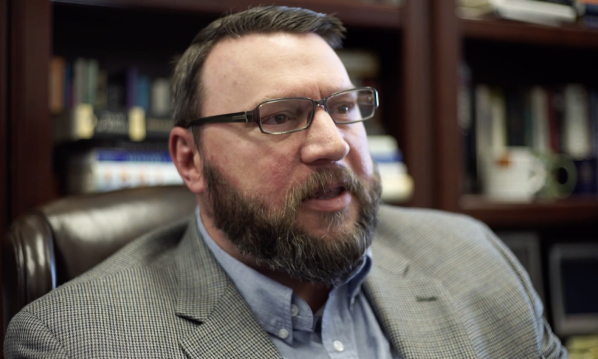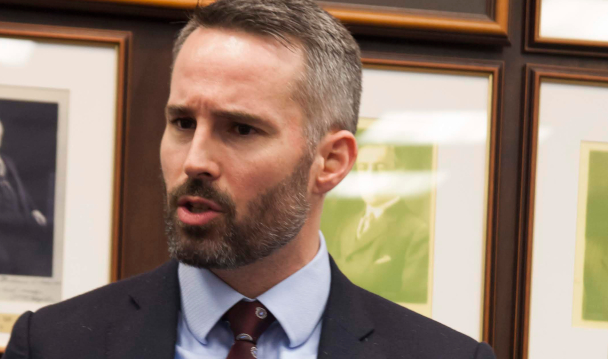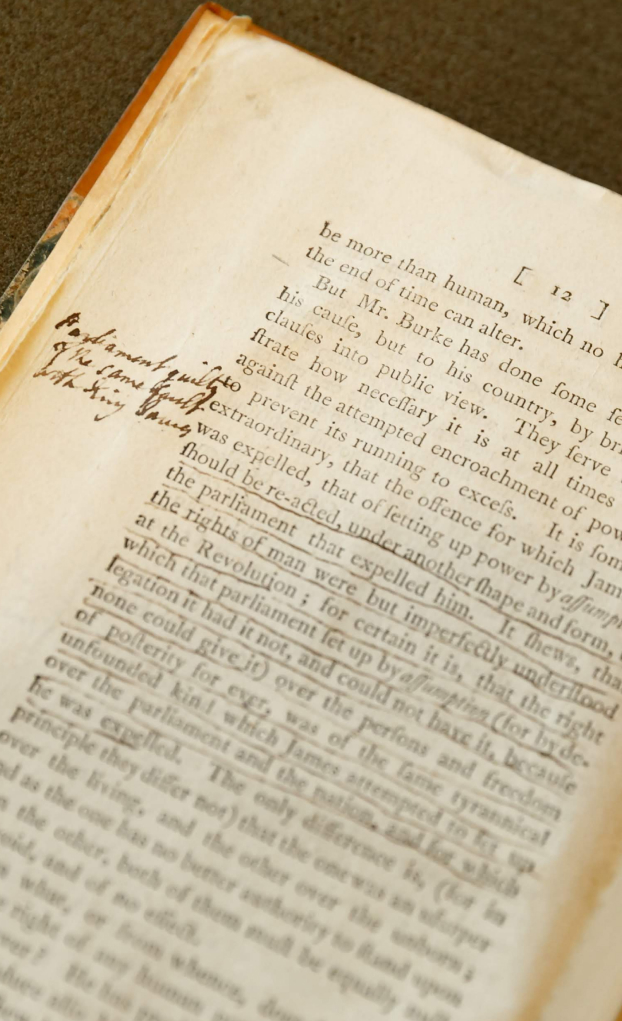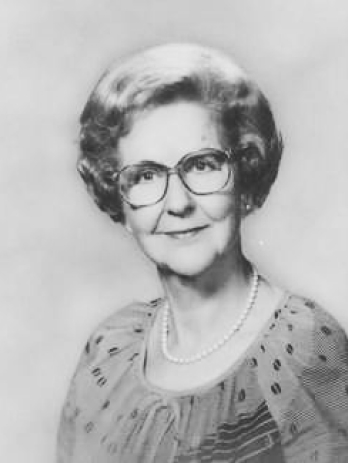
Christopher Burkett
Associate Professor of Political Science at Ashland University and Academic Director of the Ashbrook Academies
Dr. Christopher Burkett received his M.A. and Ph.D. in politics from the University of Dallas. He is editor of the Ashbrook Center’s book, 50 Core American Documents: Required Reading for Students, Teachers, and Citizens (2013), and author of several articles and chapters, including “Remaking the World: Progressivism and American Foreign Policy” (Heritage Foundation, 2013), “James Madison and the Grand Convention: The Great Difficulty of Representation” (in A Blackwell Companion to James Madison and James Monroe, 2012), and “The American Founding and Conservative Foreign Policy Today” (in Modern America and the Legacy of the Founding, 2006). Dr. Burkett was the 2011 recipient of the Edward and Louaine Taylor Excellence in Teaching Award at Ashland University.




